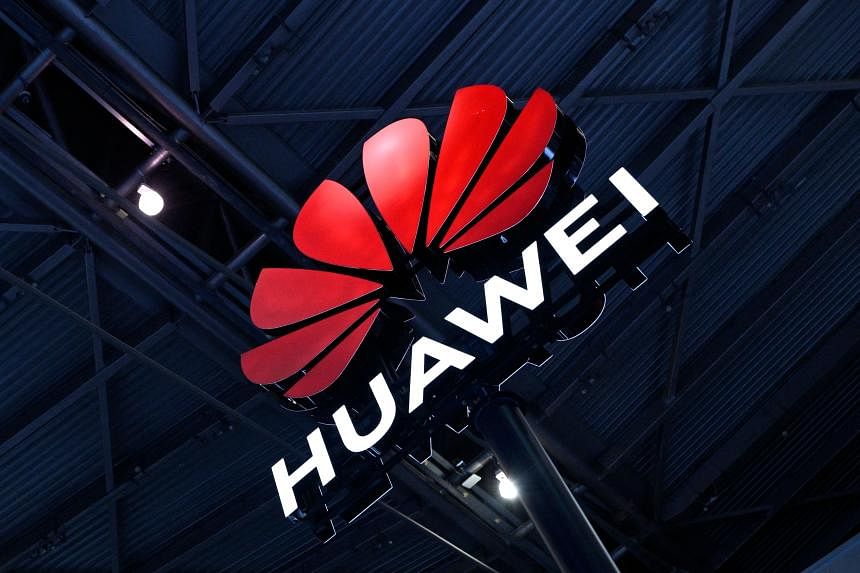A Washington-based semiconductor association has warned that Huawei Technologies is constructing a network of hidden semiconductor-fabrication facilities across China in order to avoid US sanctions, Bloomberg News reported on Tuesday.
According to the Semiconductor Industry Association, Huawei entered chip manufacturing last year and is receiving an estimated $30 billion in government investment. Huawei has acquired at least two existing plants and is building three more.
Due to security concerns, the US Commerce Department put Huawei on its export control list in 2019. The corporation denies that it poses a security concern.
According to Bloomberg, if Huawei is building facilities under the names of other businesses, as the Semiconductor Industry Association claims, it may be able to avoid US government limitations and indirectly purchase American chip-making equipment.
Also see:
Indian court ruling threatens Google’s advertising revenue model
Apple set a record for its June quarter revenue thanks to iPhone sales in India
China Explores Digital IDs and Real Punishments for Metaverse Crimes
Reuters’ attempts for comment were not immediately responded to by Huawei or the Semiconductor Industry Association.
In the United States, Huawei has been placed on a trade blacklist, preventing most suppliers from transferring goods and technology to the corporation unless they were granted licenses. Officials have continued to tighten rules in order to prevent the corporation from purchasing or designing the semiconductor chips that power the majority of its goods.
Meanwhile, Huawei’s smartphone business is “on the road to a comeback,” according to Richard Yu, the company’s head of consumer business, in his keynote speech at the company’s annual developer conference earlier this month in the southern city of Dongguan. According to Yu, Huawei’s domestic smartphone market share increased by 76.1 percent in the second quarter, propelling the company to second place in the high-end segment.
According to research firms, the Chinese firm is also planning a return to the 5G smartphone industry by the end of this year, signaling a rebound after a US ban on equipment sales wrecked its consumer electronics business.



















